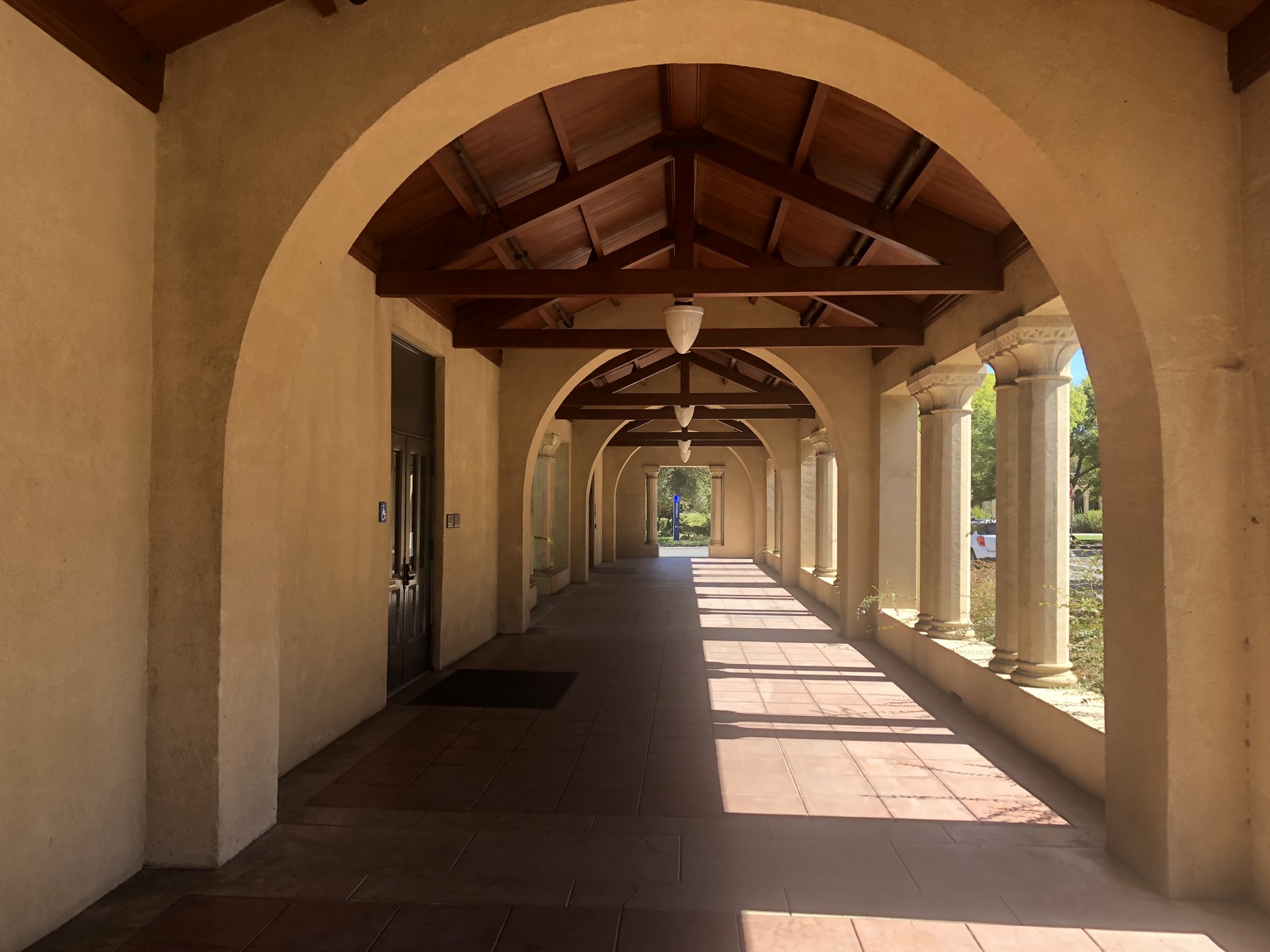Unknown participants yelled and displayed racial slurs and broadcast pornographic imagery during a MATH 19 lecture on Monday.
“It was horrific, and I didn’t think something like this could happen at Stanford,” wrote MATH 19 student Katherine Terrell ’24 in a statement to The Daily.
According to six students, the Zoom-bombers entered the MATH 19 Zoom lecture around 10 minutes before the class was slated to end. One student said they witnessed up to three people enter the lecture, while others reported seeing only one. One intruder set their background to a pornographic video while loudly moaning. They began yelling racial slurs, including the N-word, and insulting MATH 19 professor Perry Kleinhenz. One student reported that the intruder also typed the N-word in the zoom chat several times before Kleinhenz ended the meeting.
Senior director of public relations for the School of Humanities and Sciences Joy Leighton confirmed that “several intruders joined Professor Perry Kleinhenz’s course MATH 19, writing the N-word and showing a graphic video in their background,” in a statement to The Daily. She added that UIT and Zoom are reviewing the incident.
Following the incident, Kleinhenz apologized for the “racist disruption” in an email to students provided to The Daily. He wrote that lecture Zoom calls will now require participants to log in with a stanford.edu Zoom account, and that the Stanford IT department is “talking with Zoom support to figure out who did this.” In a later statement to The Daily, Kleinhenz wrote that he had reached out to partners in Student Affairs to access and distribute resources and support to students.
He added that while there are ways to limit someone’s ability to disrupt a Zoom call they are on, they would also limit students’ ability to interact with the course.
“Online learning is already impersonal, weird and alienating for students, and making it harder to interact can only make that worse,” he wrote.
There were several reports of Zoom-bombing during Stanford’s virtual spring quarter. Most notably, The People’s Caucus, a slate of 10 candidates of color in the Associated Students of Stanford University Undergraduate Senate election, was the target of zoom-bombing in May. Several unknown participants hurled racial hate speech through audio at the candidates. At the time, vice provost for student affairs Susie Brubaker-Cole addressed the incident in a statement to the Stanford community two days later, announcing that the University would launch a review of their Acts of Intolerance (AOI) process.
Several students told The Daily that they reported the incident to the University after the class ended. Around 3 p.m. PT, associate vice provost for inclusion, community and integrative learning Emelyn dela Peña and senior associate vice provost and dean of students Mona Hicks announced updates to Stanford’s AOI protocol in an email to the campus community. Leighton wrote that there was no connection between the event and the email.
Camille Slagle ’24 wrote that she was “disappointed” that the incident was not addressed in a statement to The Daily. “My heart was pounding [and] I had a rush of emotions for almost half an hour after the original event occurred.”
“Although Stanford as an institution wasn’t responsible for the inappropriate acts of this person, I would’ve loved to see an email with accessible resources and/or people we could talk to about the event [if] we needed it,” Slagle wrote.
Stanford University IT provides a number of “tips” to protect meetings from “unwelcome guests.” According to the website, it is “up to you to decide which of these are appropriate, based on how you use Zoom.”
“While I do not know if the Zoom-bomber was a student or not, I felt that it was inevitable,” wrote MATH 19 student Tuananh Tran ’24 in a statement to The Daily. “The perpetrator did not create this incident to make a statement, they wanted to create disruption and humor for themselves at the expense of others.”
“It brings to light that no matter if you’re vocal or not, political or not, in an environment that is discussing racism or not, racism is still present and alive.”
Contact Emma Talley at emmat332 ‘at’ stanford.edu.
